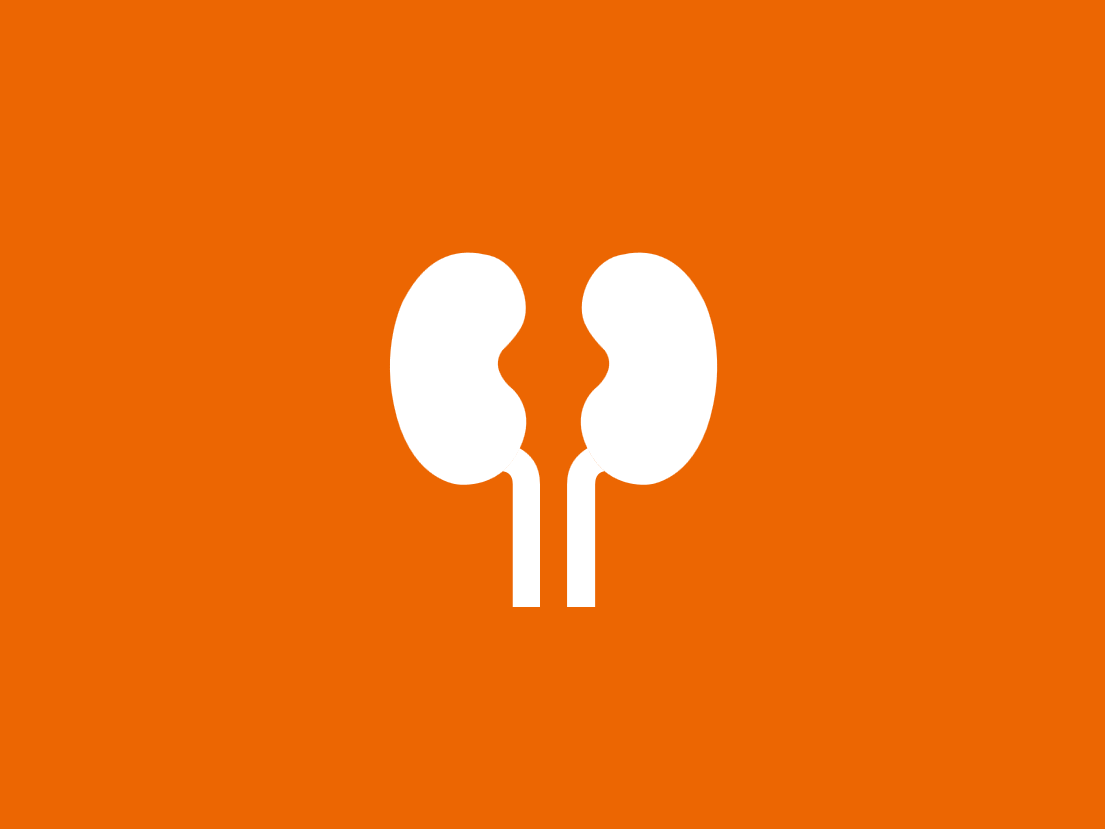Chronic kidney disease (CKD) is a condition characterized by a gradual loss of kidney function over time. CKD may be caused by diabetes, high blood pressure, and other disorders. Early detection and treatment can often keep chronic kidney disease from getting worse. When kidney disease progresses, it may eventually lead to kidney failure, which requires dialysis or a kidney transplant to maintain life.1
Today, chronic kidney disease is a global health challenge. It is a leading cause of illness (morbidity) and death (mortality) worldwide. In the past 9 years according to the World Health Organization, kidney disease has risen to become one of the top 10 leading causes of death worldwide.2
The global prevalence of CKD in 2017 was 9.1% (700 million cases) and rose to 13.4% in 2019.3
About 37 million US adults are estimated to have CKD, and most are undiagnosed.4
40% of people with severely reduced kidney function are not aware of having CKD.4
Every 24 hours, 360 people begin dialysis treatment for kidney failure.4
In the United States, about 3 out of 4 new cases of CKD are caused by diabetes and high blood pressure.4
In 2019, CKD cost Medicare $87.2 billion, and ESRD cost an additional $37.3 billion.4
Patients with diabetes, hypertension, or a family history of kidney failure are at risk of developing chronic kidney disease (CKD).5,6 Early detection, monitoring, and treatment can prevent or delay the complications of CKD,5,7 and microalbuminuria testing is a useful tool for early detection of this disease.
The National Institutes of Health (NIH) recommends yearly assessments of albumin excretion to diagnose and monitor kidney damage in patients with type 1 diabetes for 5 years or more, or with type 2 diabetes.8 More frequent monitoring may be indicated in patients with a changing clinical status, or after therapeutic interventions.9
















